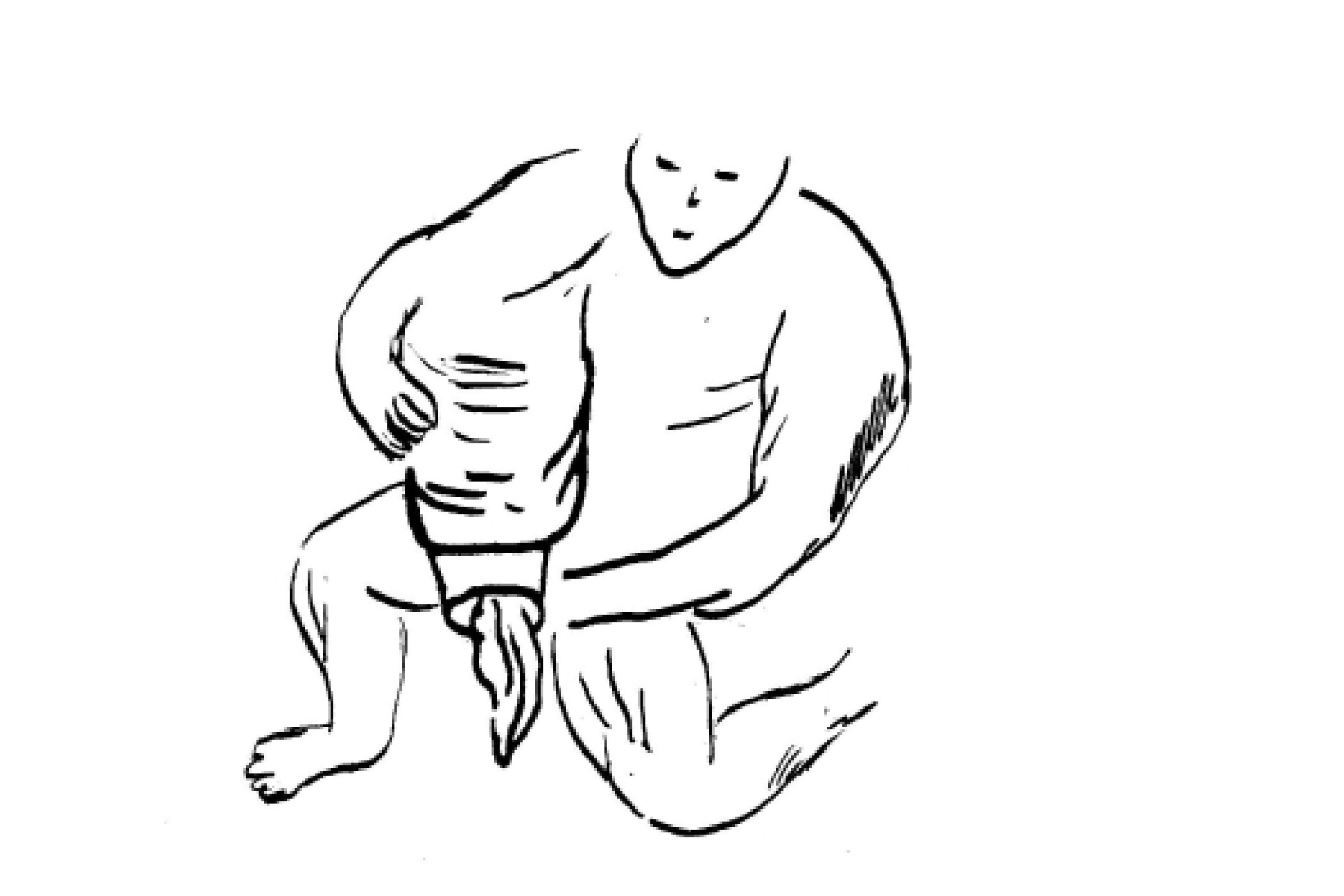
The Context
Just imagine how clear, organized, calm and efficient people would be if they treated the room of their mind like the precious atmosphere it really was. Procrastination, missing deadlines, staying at the office late at night, all of these things would be a thing of the past.
The Tool
Offloading
OFFLOADING -- Humbly accepting the limits of your own mind and trusting ideas to an external system instead
What people need is their version of ground zero. This is my term for the entry point into the creative processing workflow. It’s the primary location for offloading raw materials into your idea factory, the central cockpit of creative control. Some people use their desk, or worse yet, their computer desktop, as ground zero. And it looks like a bomb went off. That doesn’t count. It’s too overwhelming to create the clam, blank space your brain needs to do its work. Now, there will always be a small percent of creative people who somehow thrive in clutter and chaos and manage to execute amazing work despite their own disorganization. But the smarter, healthier and more sustainable approach is to send all of your ideas to ground zero the moment they occur. Even if it’s a simple document, spreadsheet, folder or your inbox, as long as it’s external, searchable and accessible, then it’s better than your brain.

Scott's Take
My old boss was a fountain of ideas. Good ones, too. The only problem was, every time we asked her to share those ideas with the team, her response was always, that list lives in my head, so sharing would be difficult. Therein lies the problem. She made the classic smart person mistake, which was using her brain both to have ideas, and to also hold them. Which works quite well for marriage vows. People take each other, to have and to hold, from this day forward, for better, for worse. But when it comes to the creative process, your mind shouldn’t do both. It can do both, but it shouldn't. Having is enough. Holding is for entrusted systems and tools, that way you have blank space in your mind to maneuver creatively.
The Rest
The hard part about the offloading process is, it requires discipline, humility and faith. Discipline, meaning the habit of doing something mundane dozens of times a day. Humility, meaning accepting the limits of your own mind and trusting and external system instead. And faith, meaning trusting that your ideas are worth documenting in the first place. Do you have a safe place where ideas can rest until their time has come?
The Benefits
Process your ideas quickly and easily
Free up working memory for calm reception
Become responsive and organized
Manage creative workflow intelligently